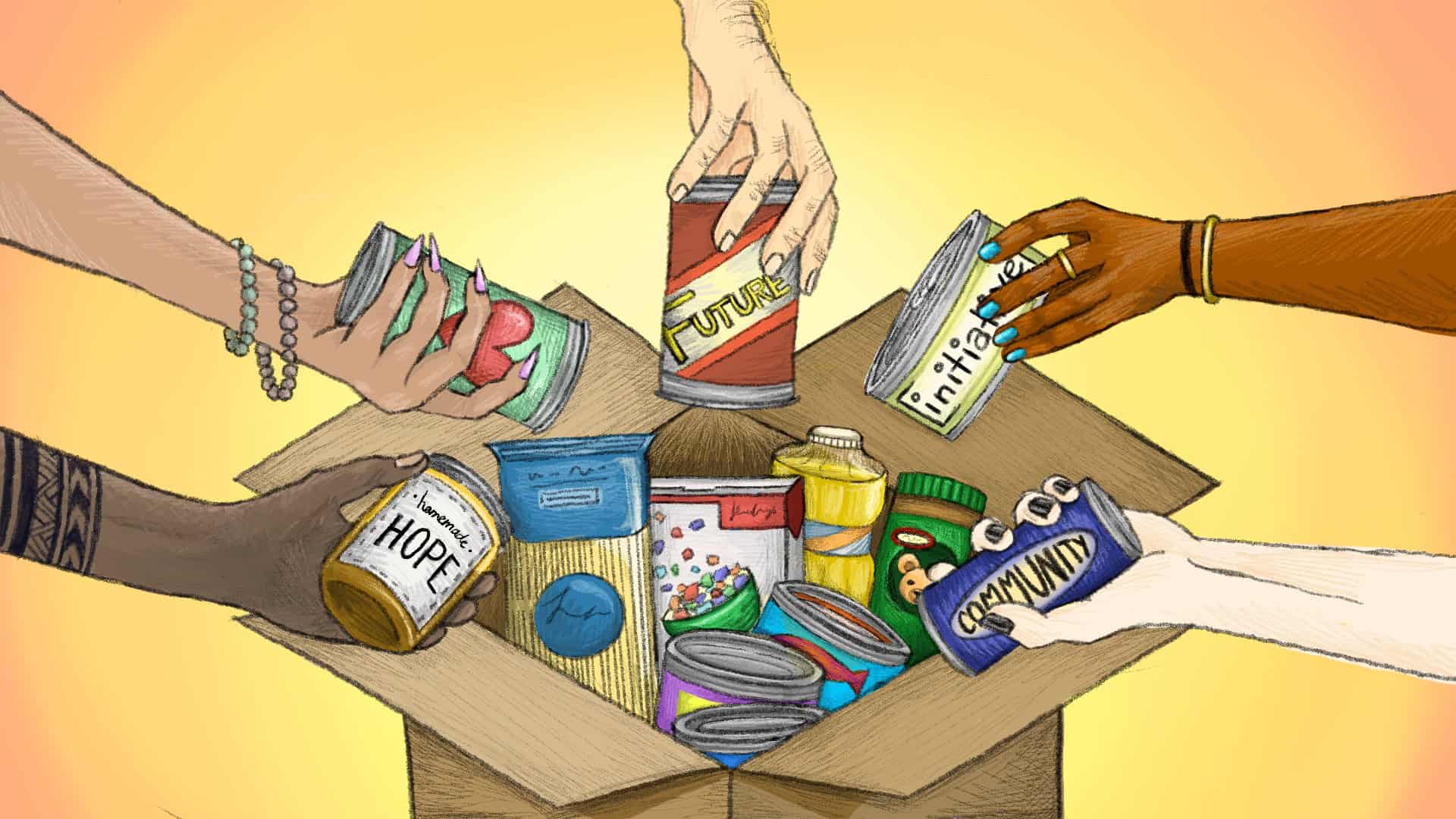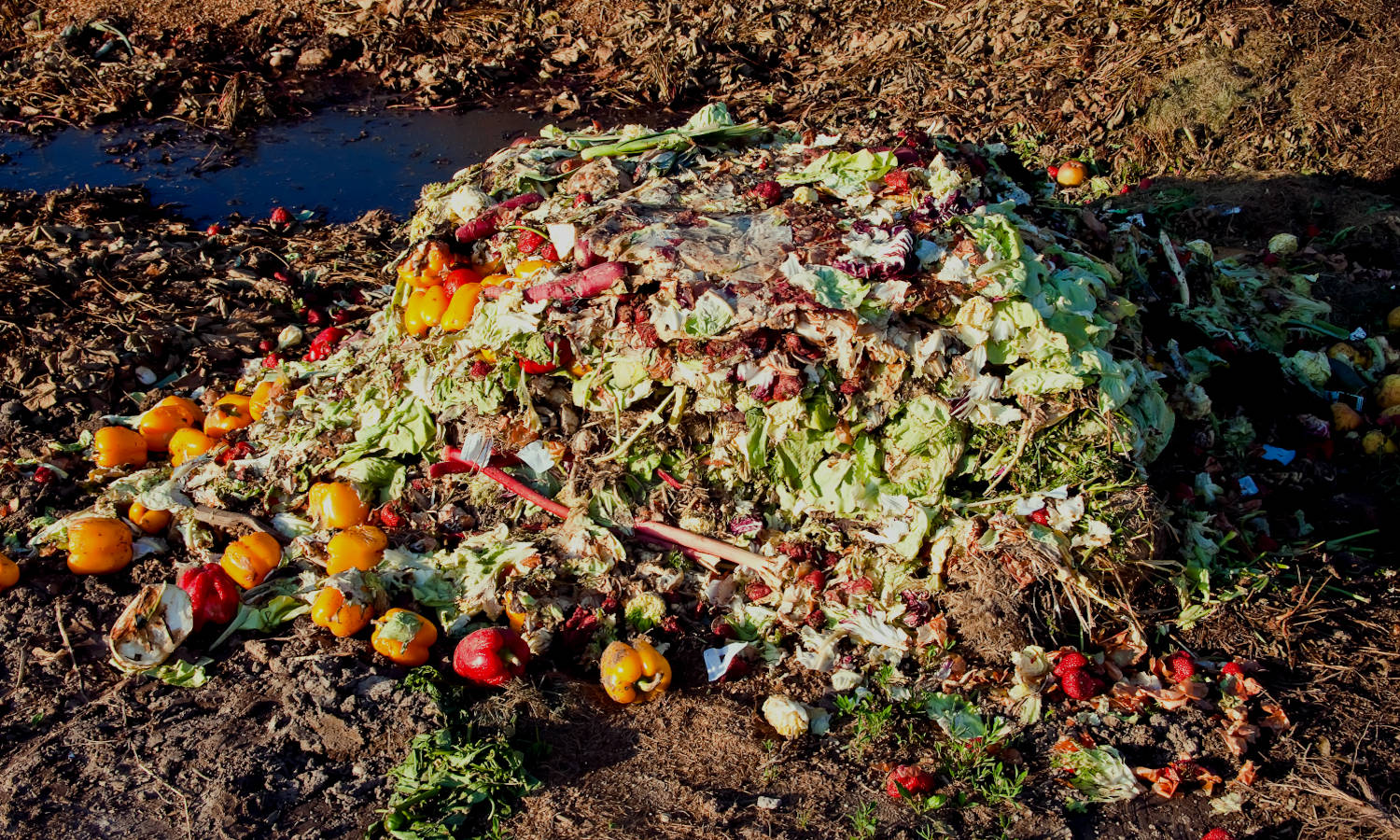Pioneer
Creative
Community
corder.com

Food prices in Canada are soaring, pushing many households—especially students and low-income families—closer to the edge. This article explores the drivers of grocery inflation, who is most affected, and what can be done.
"Affording food shouldn't be a luxury in one of the world's wealthiest countries. It's time we rethink how we feed our communities."
A Nation at the Checkout
According to the Canada Food Price Report 2025, families can expect to spend an additional
$801 this year on groceries, bringing the average annual cost to $16,834 for a family of four.
In April 2025 alone, grocery prices rose 3.8%, outpacing general inflation at 1.7%.
The items driving this spike include:
• Meat: +16.2%
• Fresh vegetables: +3.7%
• Bakery products: +7.8%
Why It’s Happening
Several compounding factors are behind the price hike:
• Climate disruptions – droughts, floods, and unpredictable weather
• Supply chain bottlenecks – from fuel surcharges to labour shortages
• Currency depreciation – weakening CAD raises the cost of imports
• Geopolitical tensions – affecting global trade and food prices
Who Pays the Price
• 8.7 million Canadians experienced food insecurity in 2023
• Over 2.1 million were children
• Northern communities saw food prices up to 2–3x higher than national averages
Younger generations are hit hardest—Gen Z shoppers increasingly rely on savings, credit, or skipping meals altogether.
What Needs to Change
Solutions proposed by economists and advocacy groups include:
• Enforce a Grocery Code of Conduct for fairer pricing
• Expand access to public food assistance (e.g., Canada Workers Benefit)
• Support urban agriculture and local food networks
• Incentivize direct-to-consumer food models like Farmers App
Closing the Gap with Farmers App
Our mission is to fight food inflation through smarter logistics and shared savings:
• Group-buying of fresh food to lower per-unit cost
• Direct links between farms and students
• Transparent pricing and minimal waste
By making produce affordable again, we aim to ensure that no one is left behind.
"When the price of food grows faster than wages, eating becomes a privilege—not a right."
Sources
- Canada Food Price Report (2025)
- Statistics Canada Consumer Price Index (April 2025)
- Second Harvest (2022). The Avoidable Crisis Updated
- PROOF Canada Food Insecurity Research

